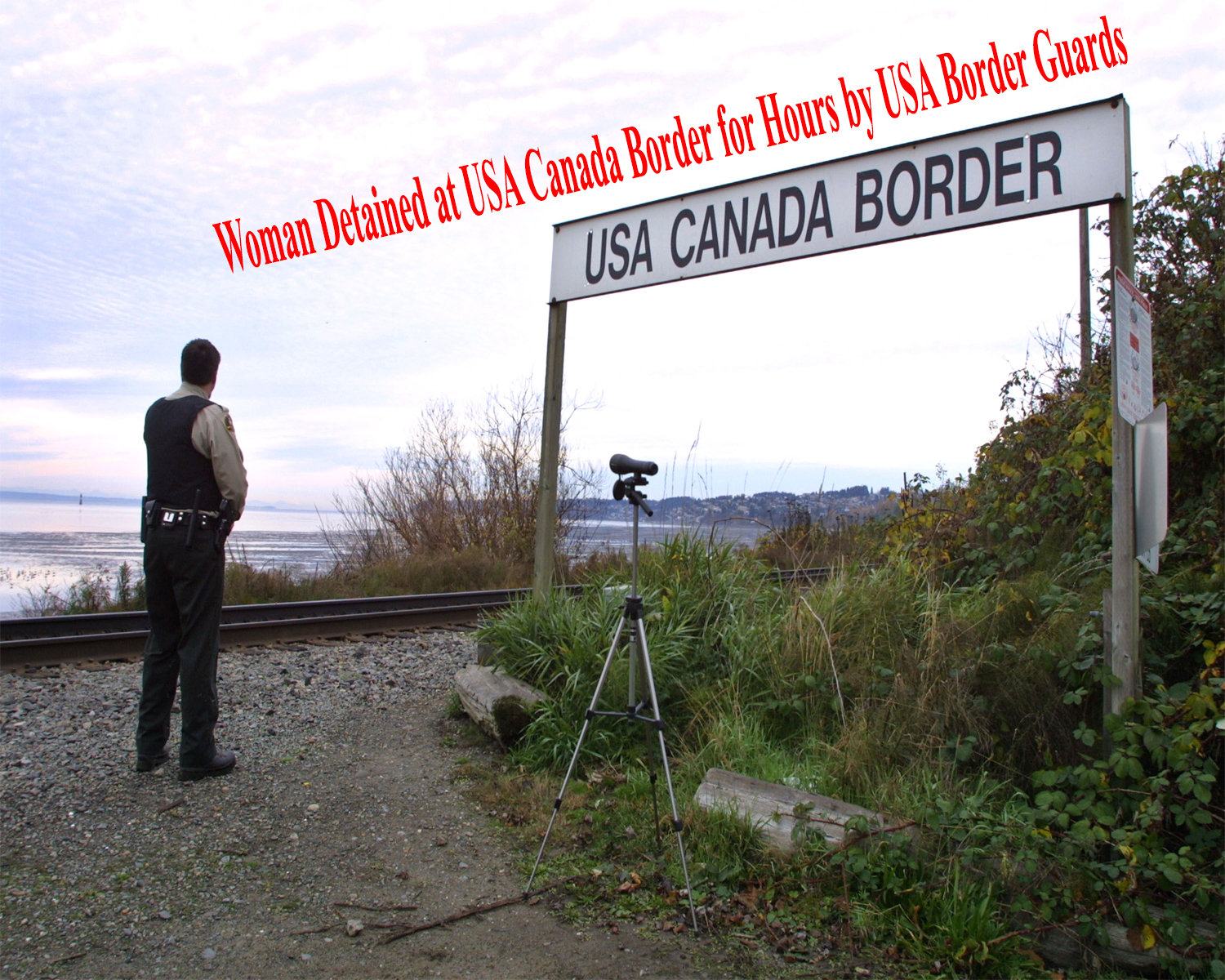NEW RULES FOR STUDENTS TAKING ADMISSION TO CANADIAN UNIVERSITIES: SOME MAY NOT ASK FOR IELTS
International students must have learnt the changes to Student Visa rules for entering a Canadian University. Changes have been brought into effect from June 1 of this year.
Some of the important points are mentioned below:
• Those who would come here on student visa must enroll themselves into a Canadian University and continue with their studies; else, they may be deported back to their home countries.
• Only those who are pursuing studies from a recognized Canadian Institution would get study permit. Enrolling into any unrecognized institution would not help in getting study permit.
• Those holding a study permit would be eligible for working for 20 hours in a week when the academic session is on and can take up a full time job when the institutions have a vacation. For getting into a full time job during vacation a separate work permit would not be required.
• But to work for full time job, one must be enrolled into a course or a training which could be vocational or professional for a minimum period of six months. And this should get summed up with a degree or diploma or even a certificate from a recognized institution.
• Co-Op Work permit would be granted only if co-op placement is an integral part of the course pursued.
• A visitor would be allowed to apply for study permit when he or she is present in the country.
• After 90 days of a course being completed, the study permit becomes invalid automatically.
Aim of changing the rules
The rules have been changes so that enough support could be rendered to genuine students and fraudsters could be kept away from the recognized institutions.
This has been done after learning the abuse of the system when immigrants come here on study permit and never get enrolled into any course; rather they pick up a job.
Entering an institution without IELTS
There is a provision of entering a Canadian Institution without holding any IELTS score. University of Saskatchewan is one such example where one need not submit his or her IELTS score, mandatorily.
If someone has spent fours of graduation in an institution where English has been the medium of instruction, then he may get exempted form submitting this score.
In other case, if one has done “O” Level or “A” Level then IELTS score is not compulsorily to be submitted.
However, for obtaining visa, one may have to submit this score. Those who hold this score will have more number of options for making an application and things can become much easier for them. So, it is always advisable to have one.
Students must also learn the changes in student visa rules, before they submit their applications. And they need o understand that IELTS score would give them an edge, and would help them to hold a better chance of getting into a reputed institution in Canada. Those who do not have one, can also try out in the Institutions which are not very stringent about this score.

 Get To Know Everything About Canadian Experience Class immigration
Get To Know Everything About Canadian Experience Class immigration  How To Find Perfect Professional Contacts For Getting Jobs in Canada?
How To Find Perfect Professional Contacts For Getting Jobs in Canada?  You can’t miss this News, if Eyeing for Canadian Permanent Residency
You can’t miss this News, if Eyeing for Canadian Permanent Residency  A Canadian Woman was Detained by U.S. Border Guards for 5 hours!
A Canadian Woman was Detained by U.S. Border Guards for 5 hours!  Canadian Trucking Alliance Calls the Canadian Government to safeguard the immigrant Truck Drivers Rights
Canadian Trucking Alliance Calls the Canadian Government to safeguard the immigrant Truck Drivers Rights  What actions by Trump Government are in store for illegal immigrants in US? What are Challenges to deport illegal immigrants from US?
What actions by Trump Government are in store for illegal immigrants in US? What are Challenges to deport illegal immigrants from US?  Recent Changes to Canada’s Work Permit Rules and its impact on Immigrants from India
Recent Changes to Canada’s Work Permit Rules and its impact on Immigrants from India  Applications for UK Immigration witness major decline as the Immigration Laws undergo significant changes
Applications for UK Immigration witness major decline as the Immigration Laws undergo significant changes  What are changes in Canada Start up Visa Program and Self-Employed Persons Program. How would it affect the potential immigrants to Canada?
What are changes in Canada Start up Visa Program and Self-Employed Persons Program. How would it affect the potential immigrants to Canada?